Breast-Feeding Linked to Lower Endometriosis Risk
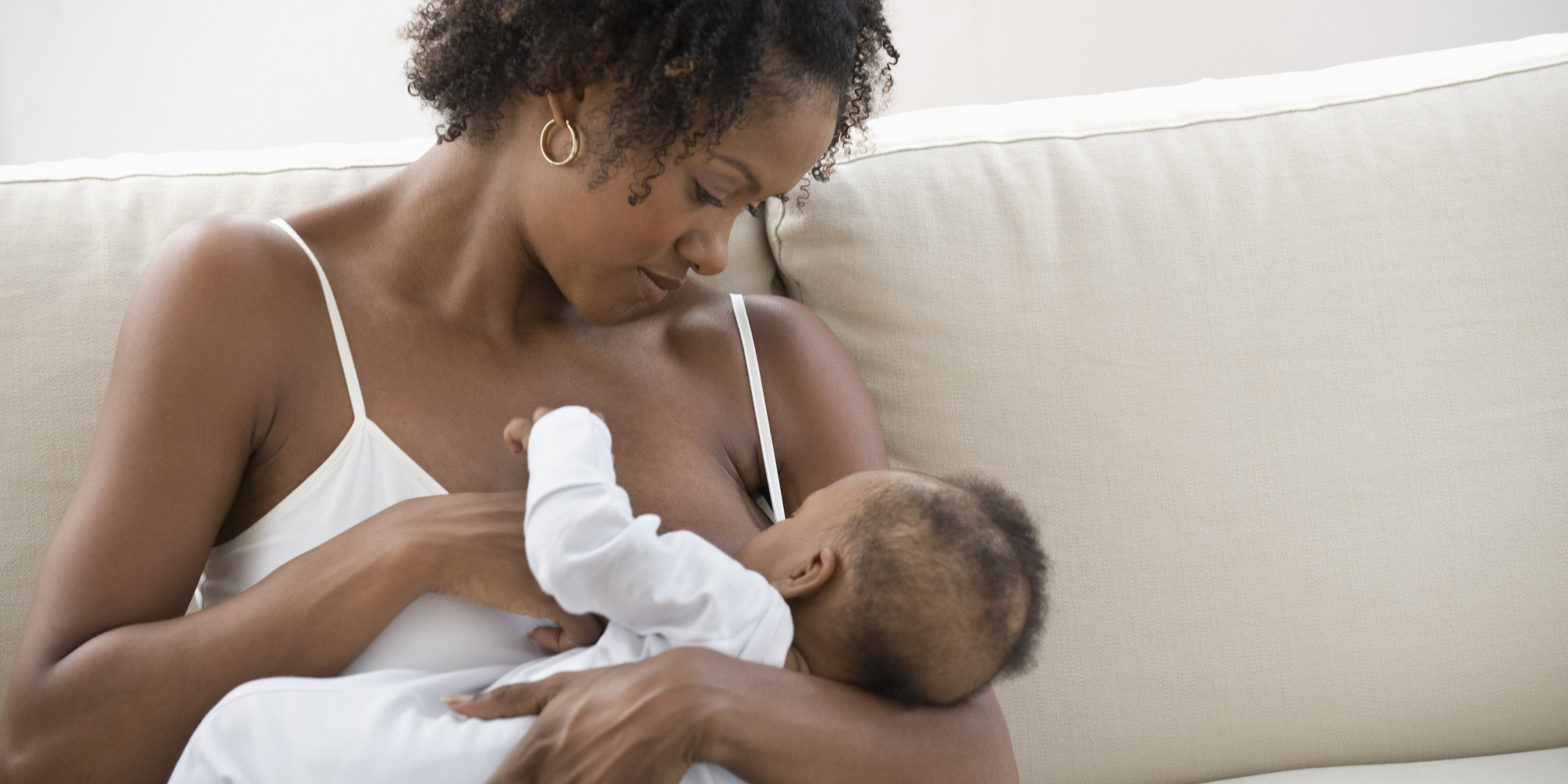 |
| HuffingtonPost |
"We found that women who breast-fed for a greater duration were less likely to be diagnosed with endometriosis," said study author Leslie Farland. She is a research scientist at Brigham and Women's Hospital in Boston. "Given the chronic nature of endometriosis and that very few modifiable risk factors are currently known, breast-feeding may be an important modifiable behavior to reduce the risk of endometriosis among women after pregnancy," Farland said in a hospital news release.
The study involved thousands of women who participated in the Nurses' Health Study II. That study began in 1989, and the women were tracked for two decades. The researchers found that during this time, nearly 3,300 of the women were diagnosed with endometriosis after giving birth to their first child.Continue Reading
Why used sanitary pads are being collected in India
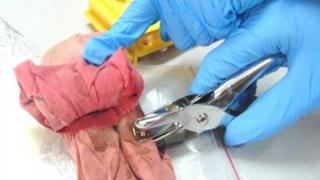 |
| BBC News |
Menstruation is considered a taboo to even speak about in India, so imagine the reaction to the idea of collecting women's used menstrual pads.
But that is exactly what health workers did in villages in the West Indian state of Maharashtra - in order to diagnose the possibility of cervical cancer.
More than a quarter of the world's cervical cancer patients are from India. Yet there are many reasons why women don't go for cervical screening - a lack of adequate infrastructure and facilities in rural areas as well as burdening costs, coupled with unease at undergoing the invasive examination. "Rural women are shy, fear the test and consider it unnecessary," said researchers writing in the European Journal of Cancer Prevention.
More than 90% of Indian rural women use homemade cloth as a menstrual pad, as opposed to commercial sanitary products. Researchers from the Tata Memorial Centre and National Institute for Research in Reproductive Health in India found that by analysing these used menstrual pads, they could detect the presence of human papilloma virus (HPV), which can cause cervical cancer.Continue Reading
Mosquitoes, Medicine and Mold: Texas Battles Post-Harvey Health Issues
 |
| NBC News |
They include masses of mosquitoes, respiratory infections and a dramatic worsening of the day-to-day ills that people could cope with in normal times, but that get out of control in a crisis. Continue Reading
Mom-to-Be's Antidepressants Tied to Kids' Psychiatric Woes
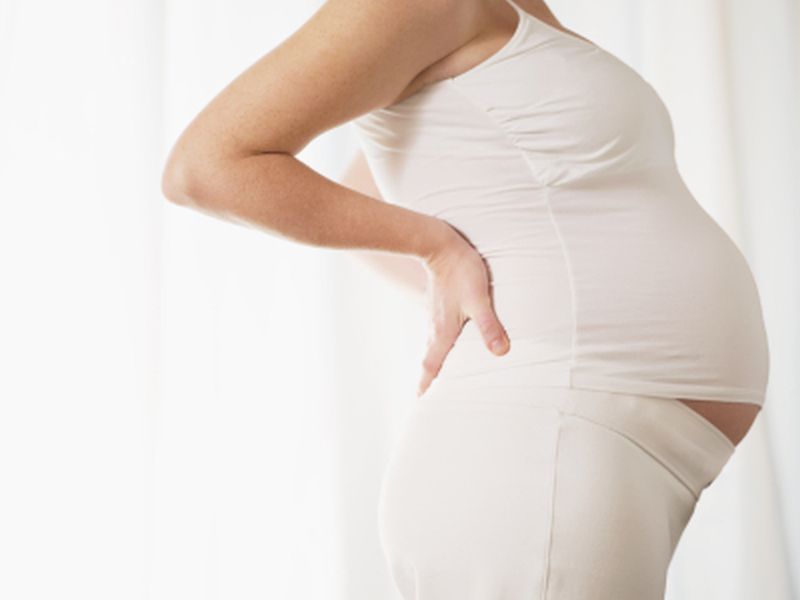 |
| HealtnDay News |
Researchers reviewed data from more than 905,000 children born in Denmark between 1998 and 2012. The children's health was followed for up to 16.5 years. During the follow-up period, 32,400 of the children were diagnosed with a psychiatric disorder.
The 15-year risk of psychiatric disorders was 8 percent among children whose mothers didn't take antidepressants during pregnancy. The risk was 11.5 percent among those whose mothers took antidepressants before pregnancy. And the risk was up to 14.5 percent among those whose mothers took antidepressants before and during pregnancy or who began taking antidepressants during pregnancy. Continue Reading
Zika virus used to treat aggressive brain cancer
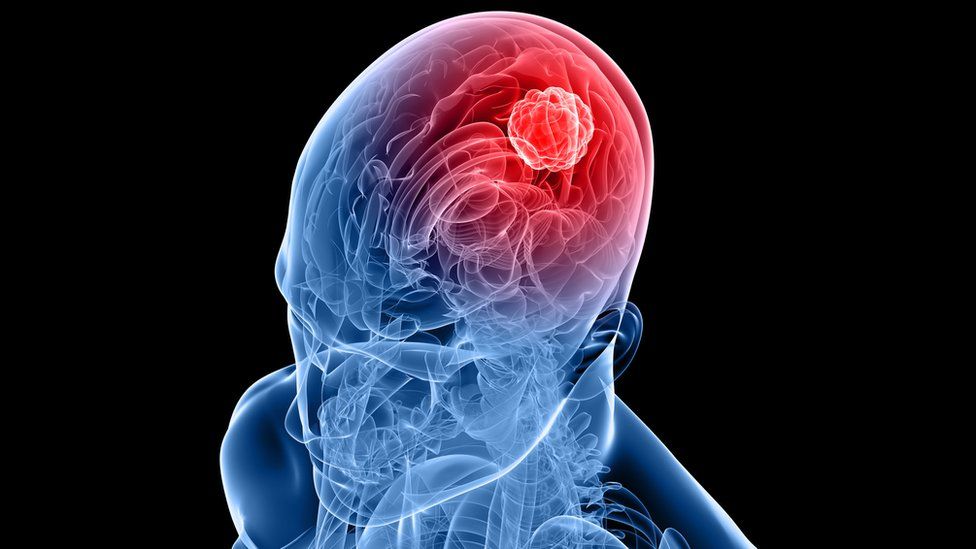 |
| BBC News |
Zika injections shrank aggressive tumours in fully grown mice, yet left other brain cells unscathed. Human trials are still a way off, but experts believe Zika virus could potentially be injected into the brain at the same time as surgery to remove life-threatening tumours, the Journal of Experimental Medicine reports. Continue Reading
Sleepless Nights Plague Many Women in Middle Age
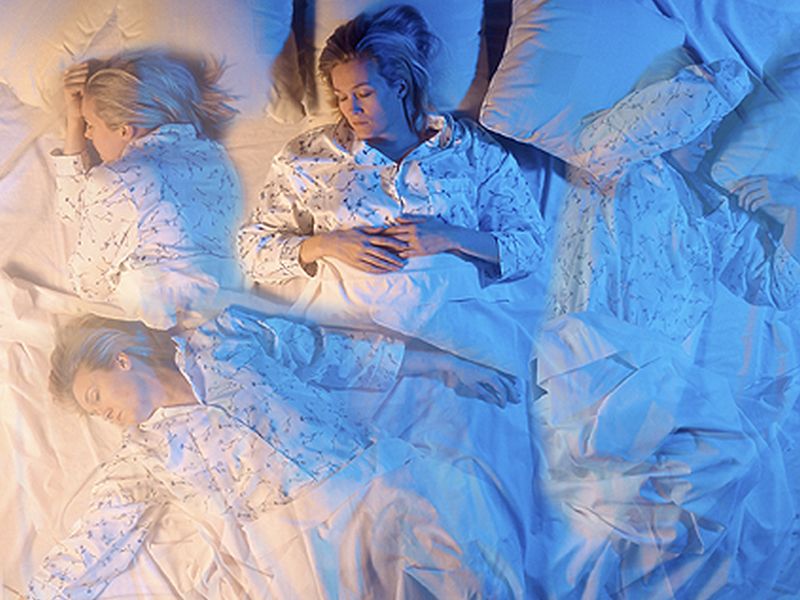 |
| HealthDay News |
The study, from the U.S. Centers for Disease Control and Prevention, found that close to 20 percent of all women aged 40 to 59 said they had trouble falling asleep on four or more nights in the prior week.
Sleep troubles were even more likely if the woman was in the years where she's transitioning into menopause ("perimenopause"). Among these women, more than half (56 percent) said they typically got less than the seven hours of sleep per night that experts deem restful and healthy.
Even after menopause, sleep woes lingered: nearly 36 percent of postmenopausal women aged 40 to 59 said they had trouble staying asleep through the night.
None of this should surprise any woman who's gone through menopause, said one expert who reviewed the study.Continue Reading
Also Read: 20 Amazing Health Benefits Of Cucumber Worth Knowing
